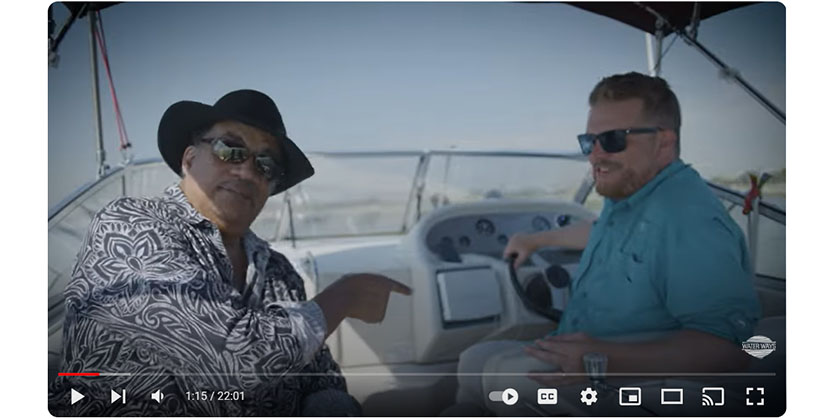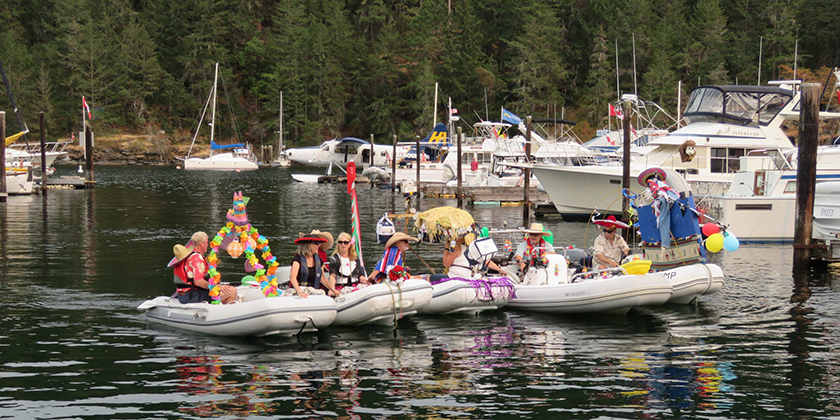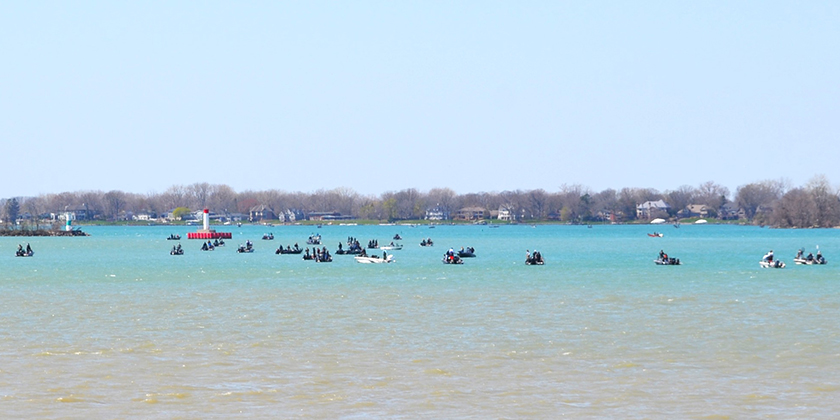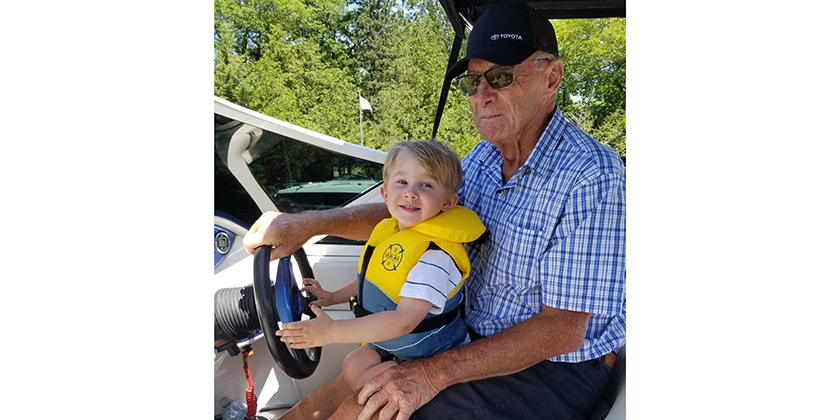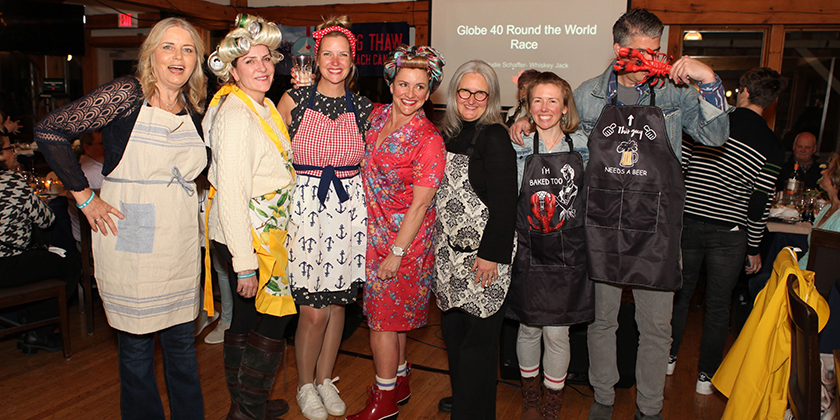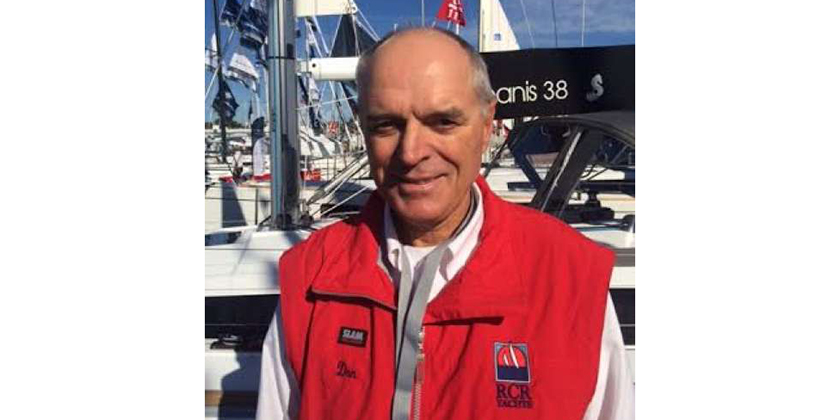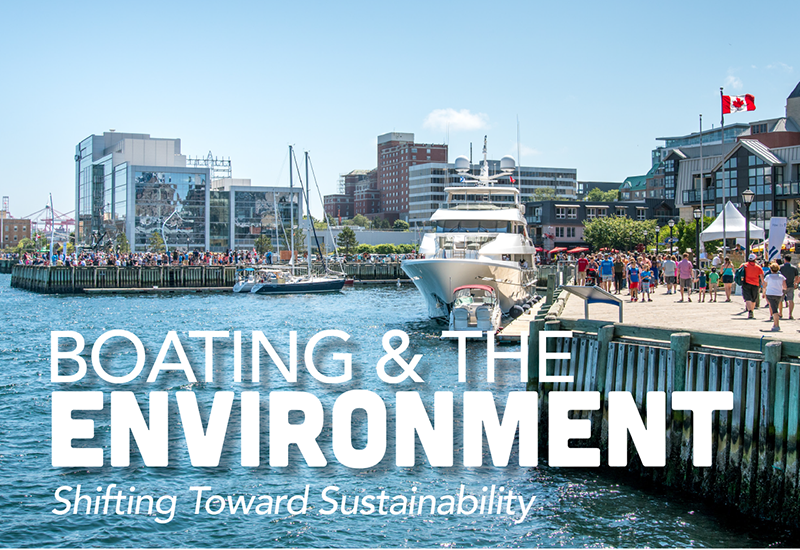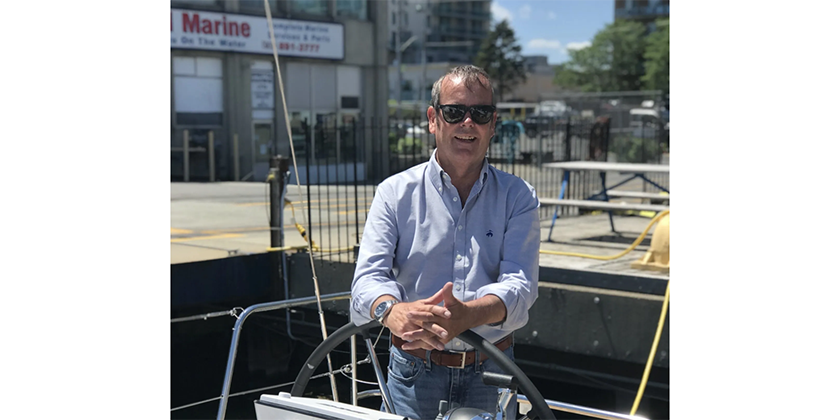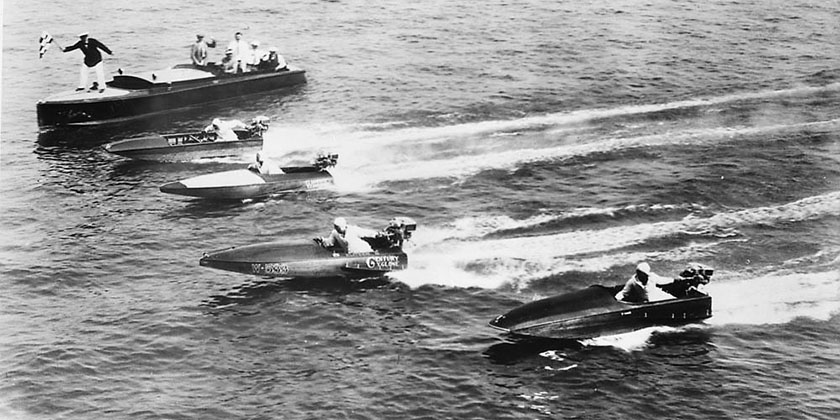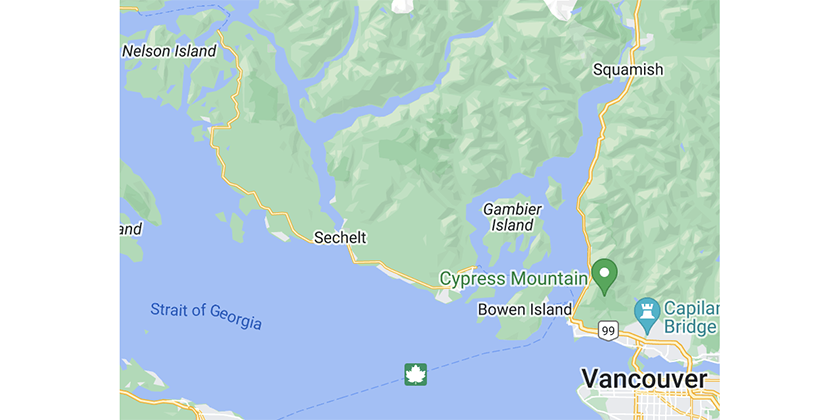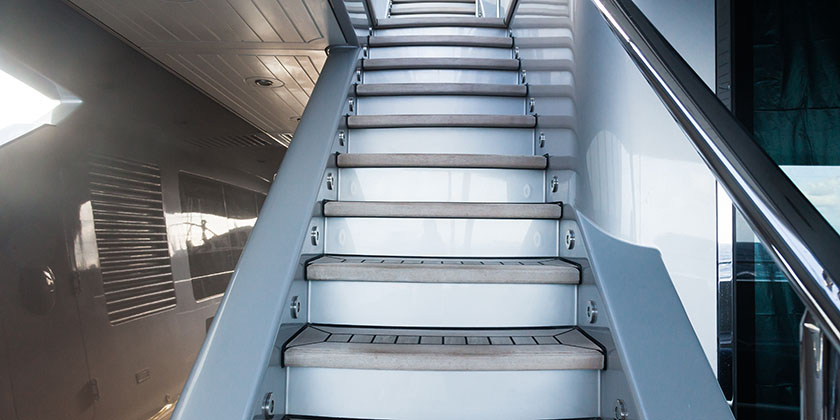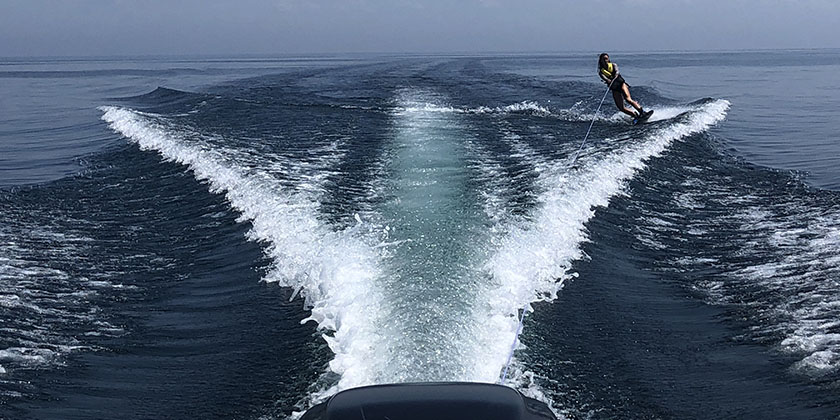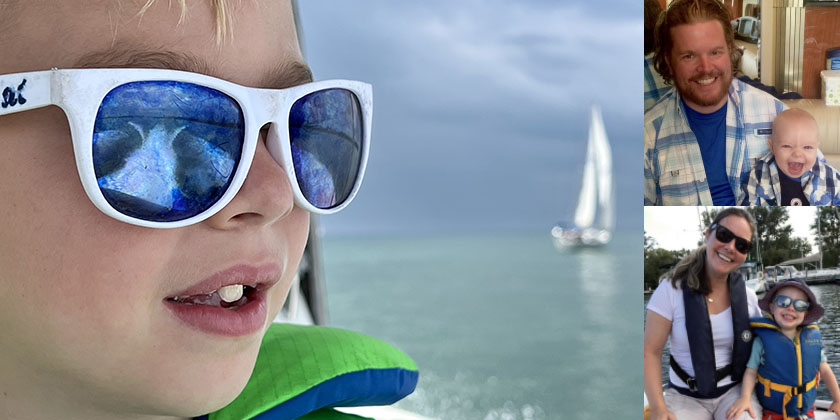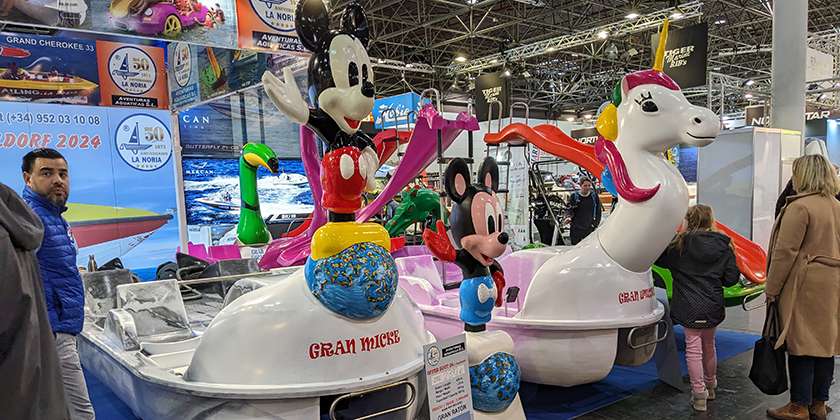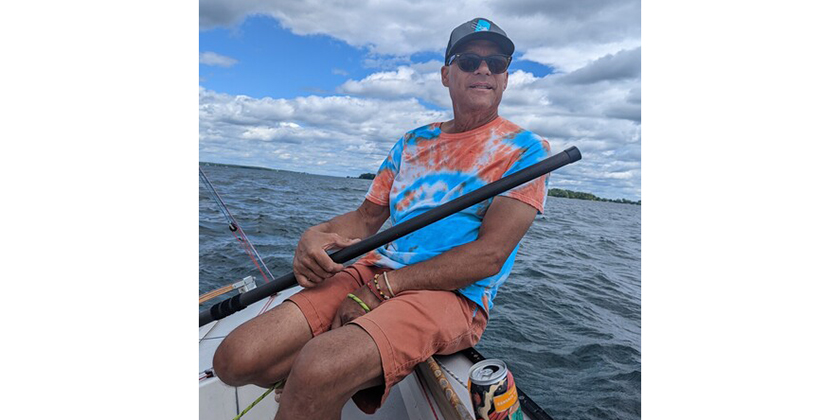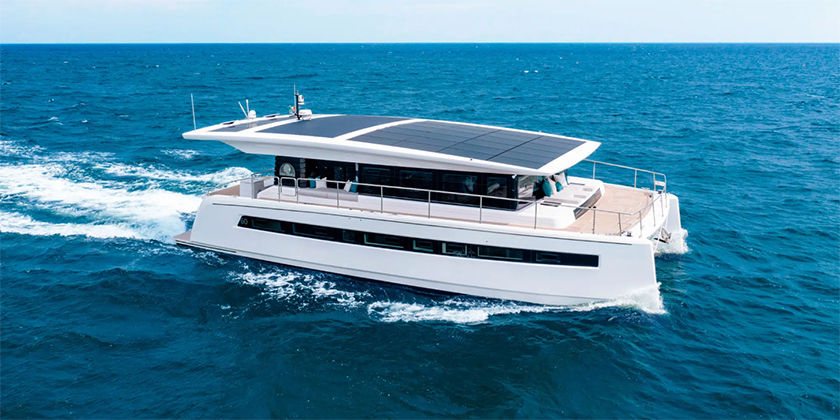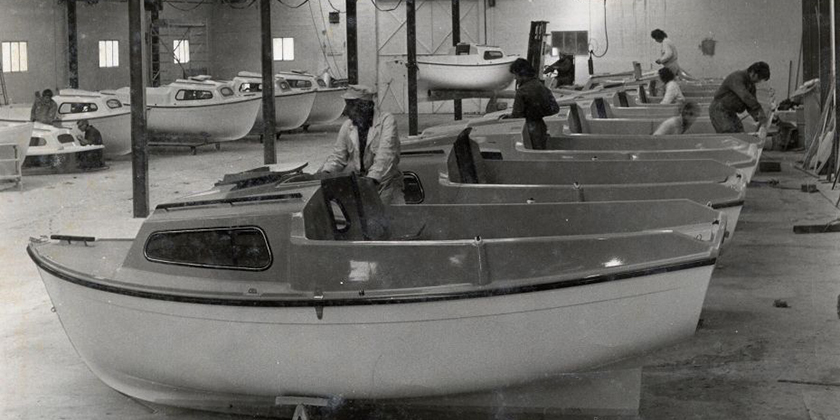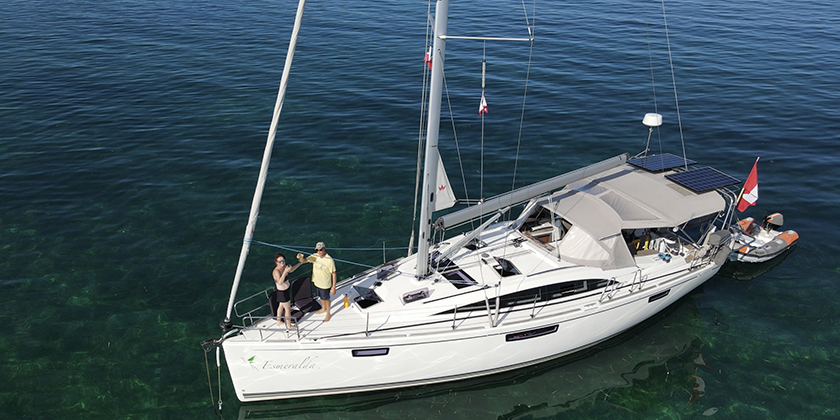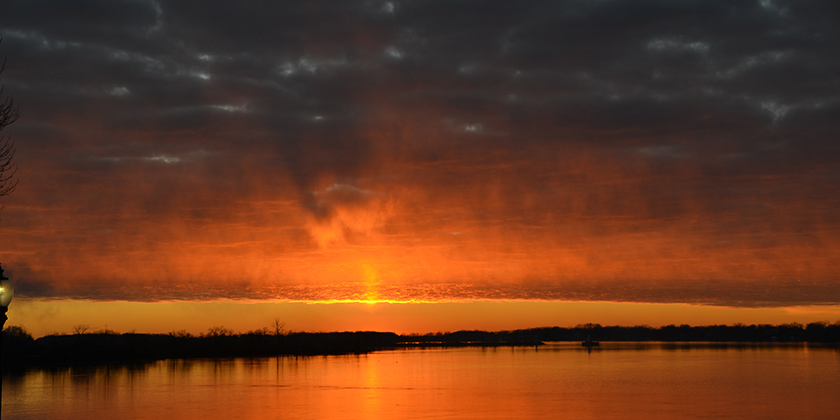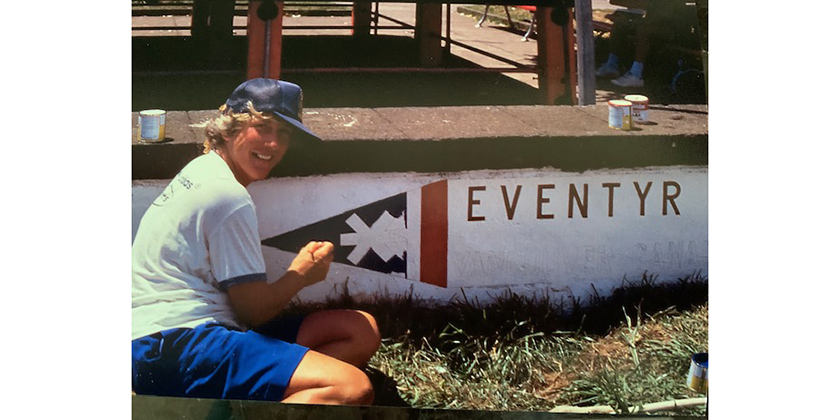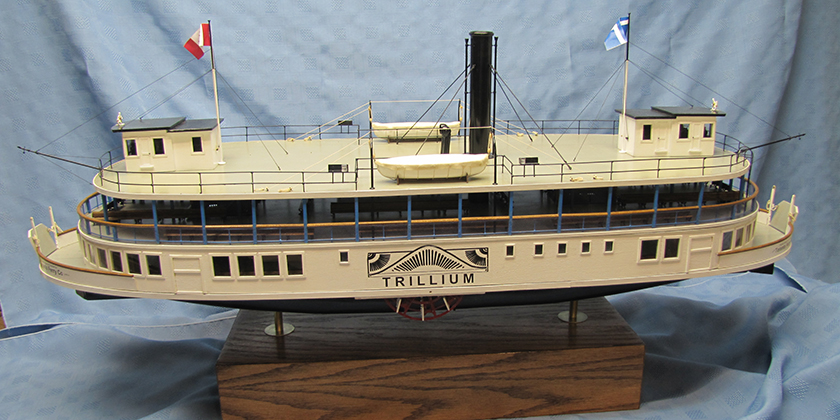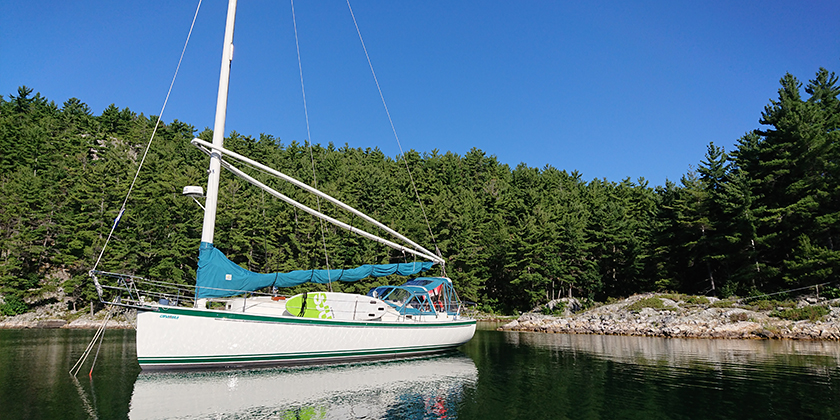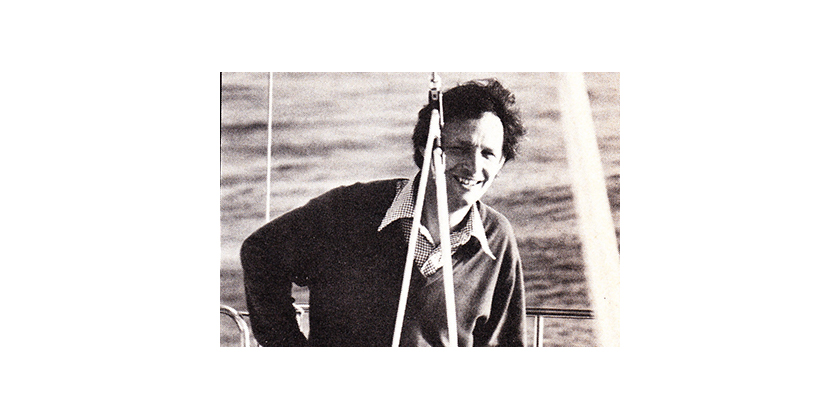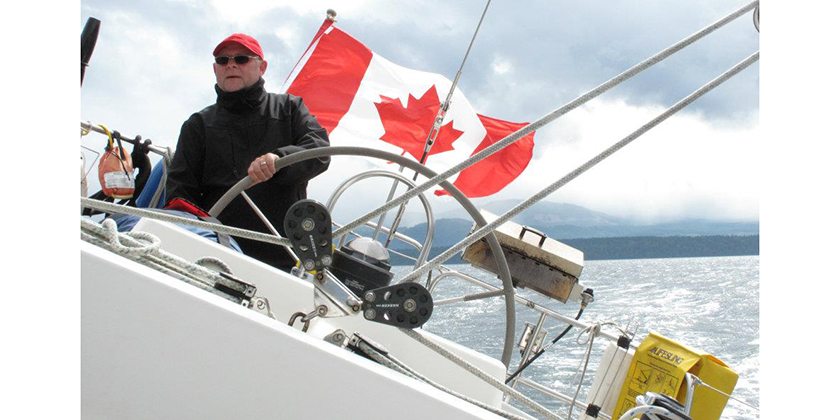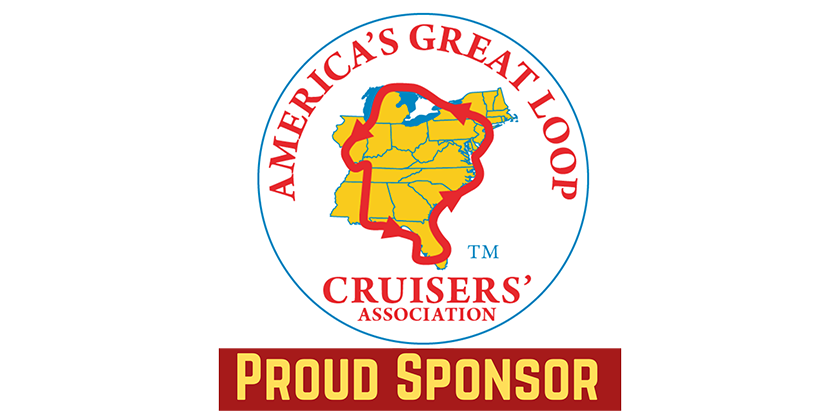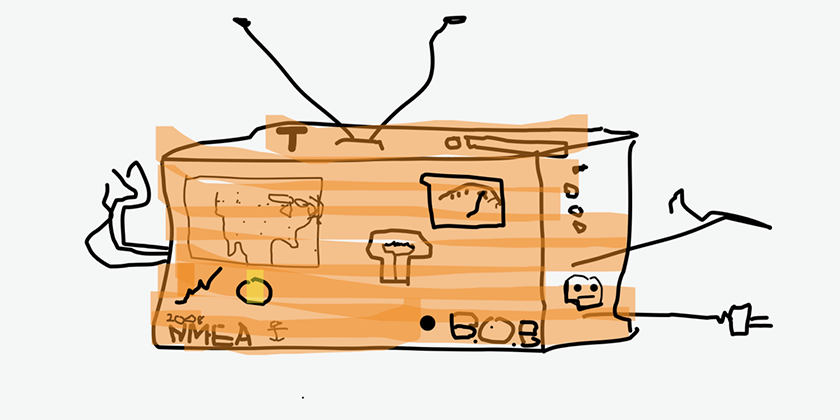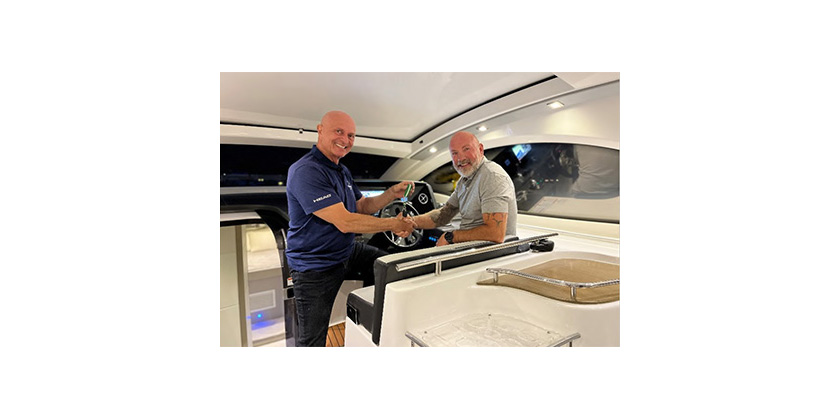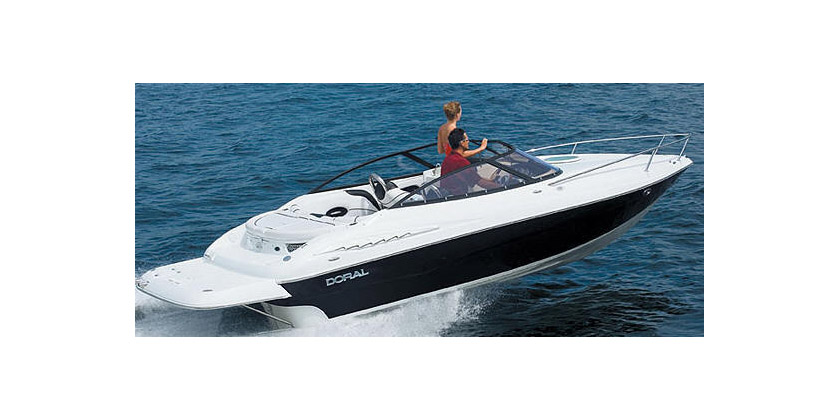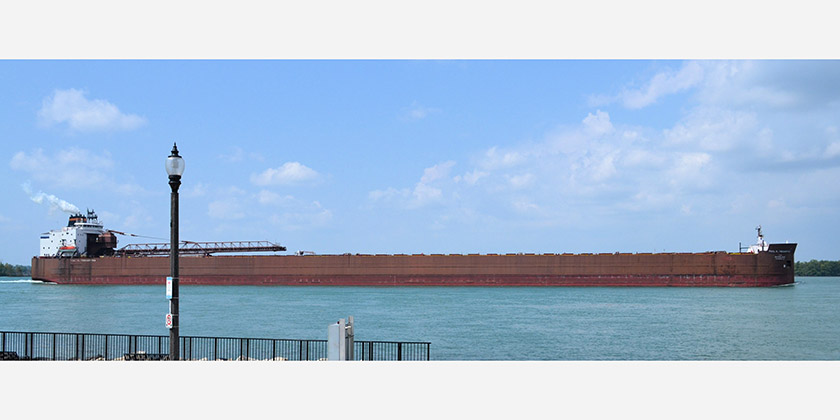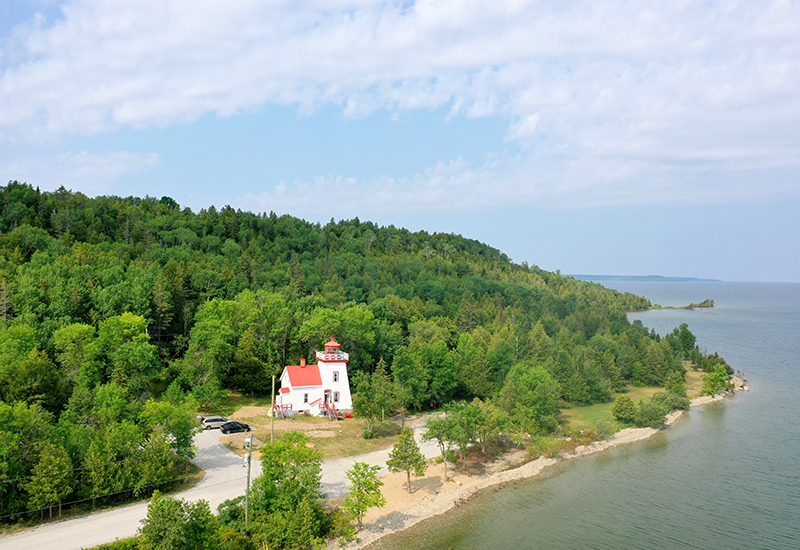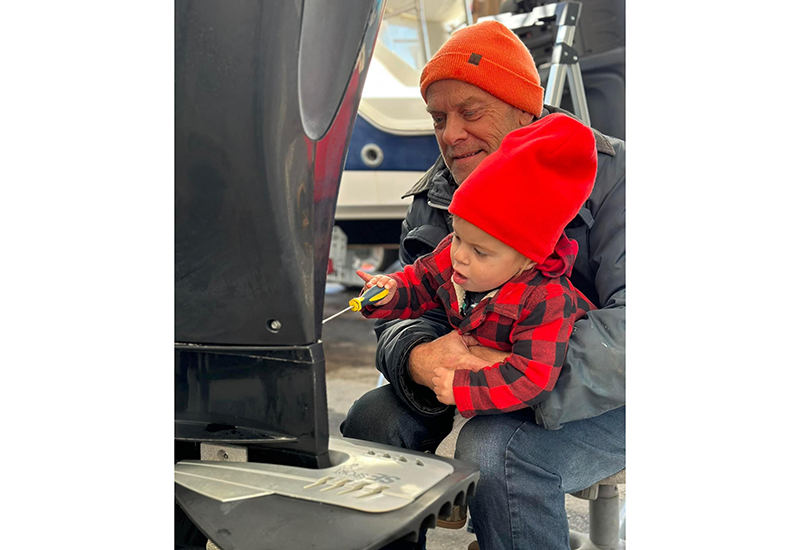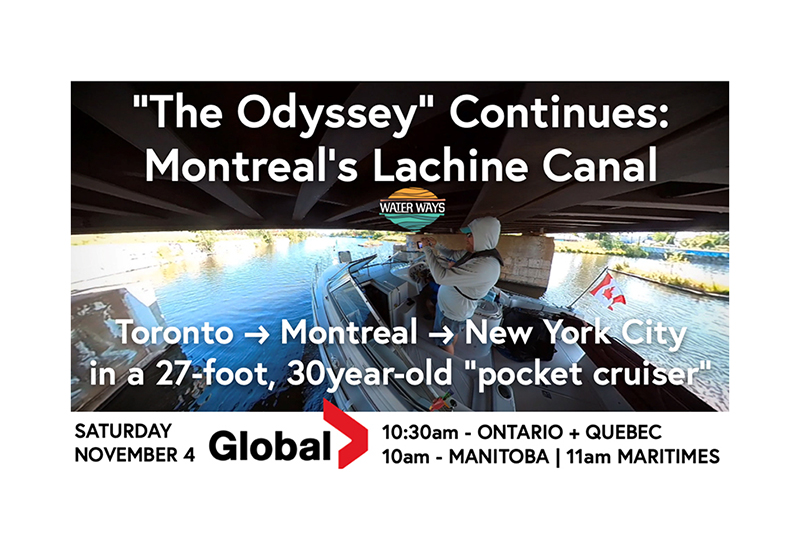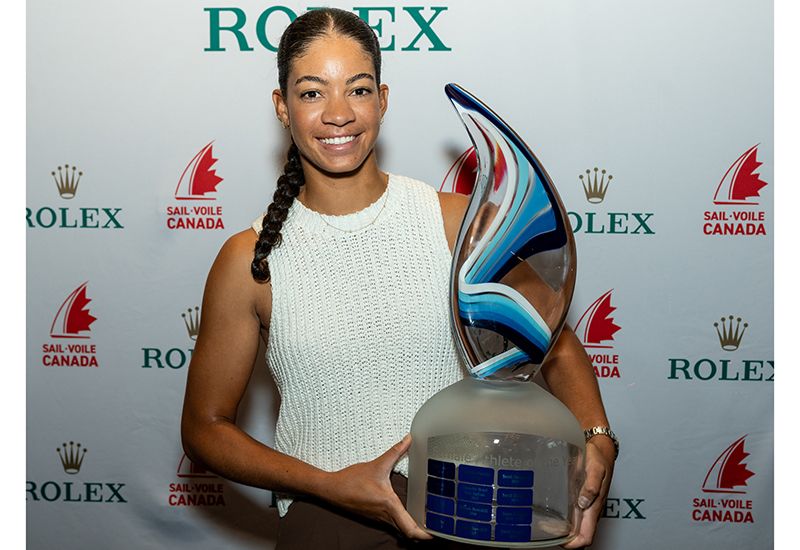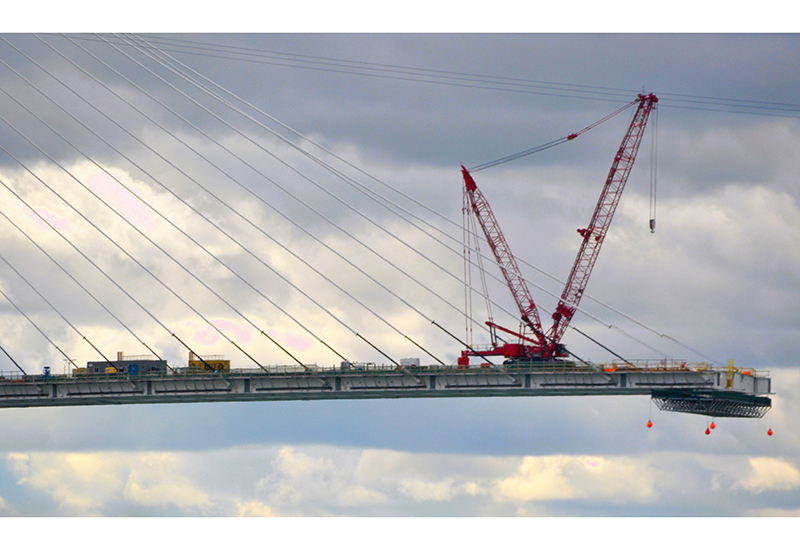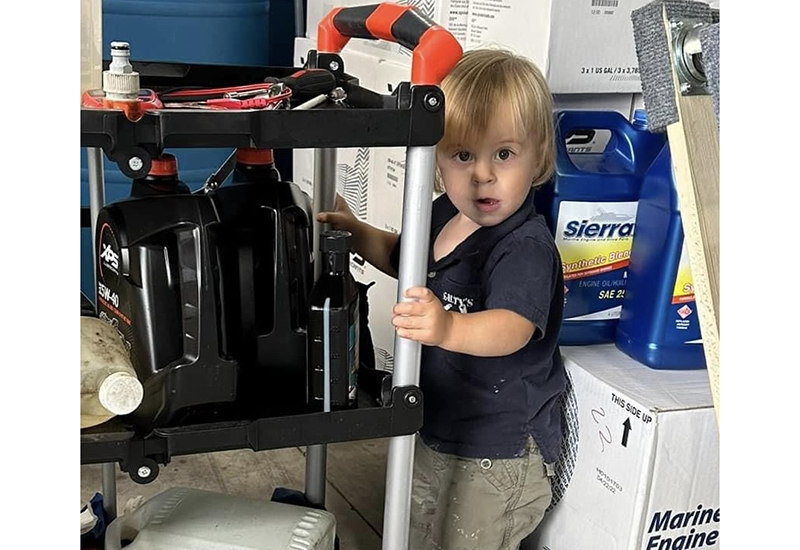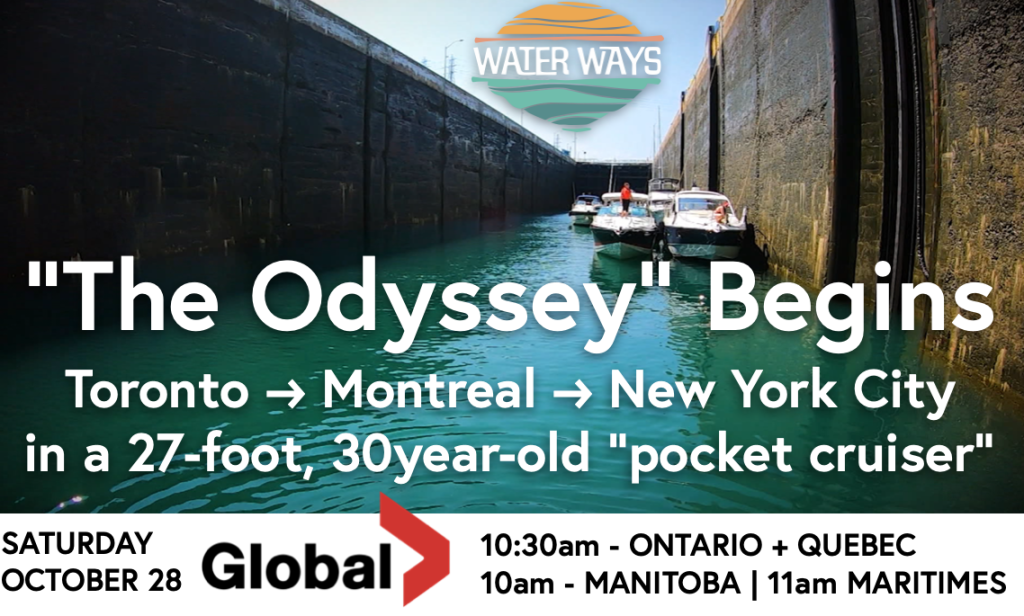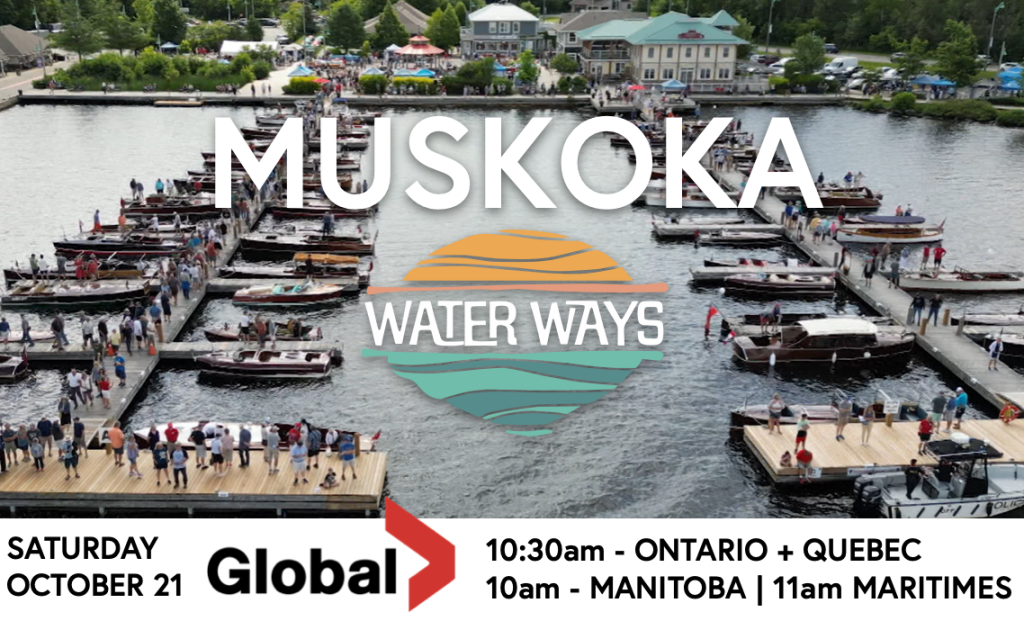April 24, 2024
Water Ways: The Science of Boating
Steven Bull is first and foremost an avid boater. Along with his wife and 7-year old son, who join in the adventures from time-to-time, they own three boats (five when you include the kayaks).
April 24, 2024
Victoria Cruising Club Plans Busy Summer
Apr 25, 2024 The Victoria Cruising Club is a group of p…
April 19, 2024
A Tale of Two Classics; Don and his Wonderful Phazar
Yes, achieving a Guinness Book record is pretty impressive; not surprisingly, there is a designation for the world’s oldest water-skier.
March 26, 2024
Closing speed
We recently got a blast from long time broker/boater and good guy, Don Finkle at RCR Yachts in New York state who informed us that they are now introducing statewide mandatory courses for boat operators.
March 26, 2024
Environmentally Friendly Boating Resources
Apr 5, 2024 As boaters in Canada, we’re lucky enough to…
March 25, 2024
Photo of the Week: Meet Justine Beaver
Canada’s Sail GP team welcomed a new mascot. Justine Beaver won over the crowd in Christchurch NZ over the weekend as Canada grabbed a third.
March 12, 2024
POTW: 8 Bells Nat Sr – the Genco Legend
Our Photo of the Week from long ago. Nick, Nat Jr and N…
February 20, 2024
Boaters Care: Offering a lifeline to one of our own.
Feb 22, 2024 Scott Taylor at the helm in Port CreditLon…
February 20, 2024
OnBoard Inbox: Have your Say
Feb 22, 2024 Re: Range Anxiety Attack – Feb 8 Hi John W…
February 13, 2024
Crossing the Line: The Ultimate Boating Knowledge Quiz
February marks the nadir of winter when we need to find alternate means to keep the boating candle lit. Are you a knowledgeable boater? Take this stupid test.
February 13, 2024
Did You Ever have to Make up Your Mind? Maybe you don’t have to…
Canada offers a playground for boating enthusiasts with its vast and diverse set of waterways from our freshwater paradise lakes to our beautiful saltwater coastlines. For newcomers entering the boating world, it can be overwhelming trying to decide how to get involved out on the water with so many opportunities available.
February 13, 2024
The Kids Are Alright (on Boats)
In preparing for this article, I bounced a few ideas around, from interviewing other parents to finding “experts” in childcare or sourcing the best products for childproofing, but then I remembered something I heard a lot when our son was born that, at first, sounded dismissive but in retrospect was sage wisdom: “You’ll figure it out yourself.”
February 5, 2024
Range Anxiety Attack
Everyone is talking electric. At the boat shows, there’s electric outboards big and small, electric cruisers, power catamarans equipped with solar panels, sloops with auxiliary electric engines that act as regenerators and all manner of electric toys like PWCs and wakeboards.
January 23, 2024
Reader Tales: Beluga Whales in the Saguenay Fjord
Jan 25, 2024 Photo: James & Jacqueline Roberts on t…
December 19, 2023
Reader Tales: Timing the perfect weather window!
Dec 21, 2023 Canatara up in the North Channel By Rob Co…
December 19, 2023
Eight Bells: Designer Ray Wall
Dec 21, 2023 We salute the recent passing on Vancouver…
December 1, 2023
Crossing the Line: The annual CTL most meaningful gift list
The Captain and First Mate are expressing their joy under the mistletoe, but now it’s time to open the gifts. Will it be the endlessly meh boat-bilge aftershave and scrambled-egg hats? Thanks to this list of innovating boating ideas, you can deliver a whole new range of excitement under the tree.
November 22, 2023
Boaters try Fractional Yachting for the Season
Ryan Pouter and Melissa Vass Scott were the winners of the ‘Win A Schaefer Yacht’ for the season. They’ve been boating since they met just over five years ago, and it is their favorite pastime.
November 22, 2023
Editor’s Note: Meeting Don
Nov 23, 2023 The only good thing that has happened in t…
November 21, 2023
POTW: The Queen of the Lakes
Nov 23, 2023 The Paul R. Tregurtha is the longest activ…
November 7, 2023
POTW: Stunning Aerial in North Channel with an Interesting Backstory
Nov 9, 2023 Our photo of the week came to us via two Am…
November 6, 2023
Little Eddie Log: And Don’t forget the Lower Unit, Eddie
Nov 9, 2023 Last issue, Little Eddie attended to the fa…
October 31, 2023
Water Ways TV “The Odyssey” Continues: Montreal’s Lachine Canal
This Saturday on Global TV, Steve continues the epic jo…
October 24, 2023
Sarah Douglas and Fillah Karim Named Athletes of the Year
Oct 26, 2023 Sarah Douglas from Toronto and Fillah Kari…
October 24, 2023
Little Eddie Log: Time for an Oil Change Before Haulout
Oct 26, 2023 Little Eddie knows it’s nice to store your…
October 20, 2023
Waterways Episode 6: A bucket-list boating adventure to be sure
A 750 nautical mile (1400 kilometre!) voyage from Toron…
October 20, 2023
Waterways Episode 5: the historic hotbed of boating in Muskoka
This week Water Ways checks out the historic hotbed of…

